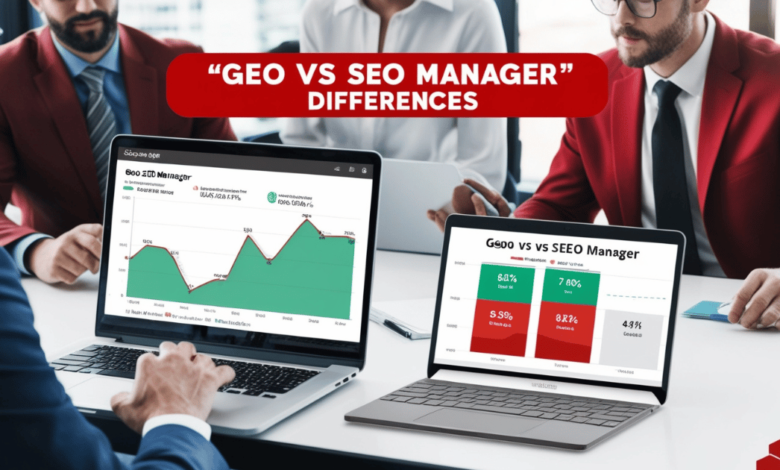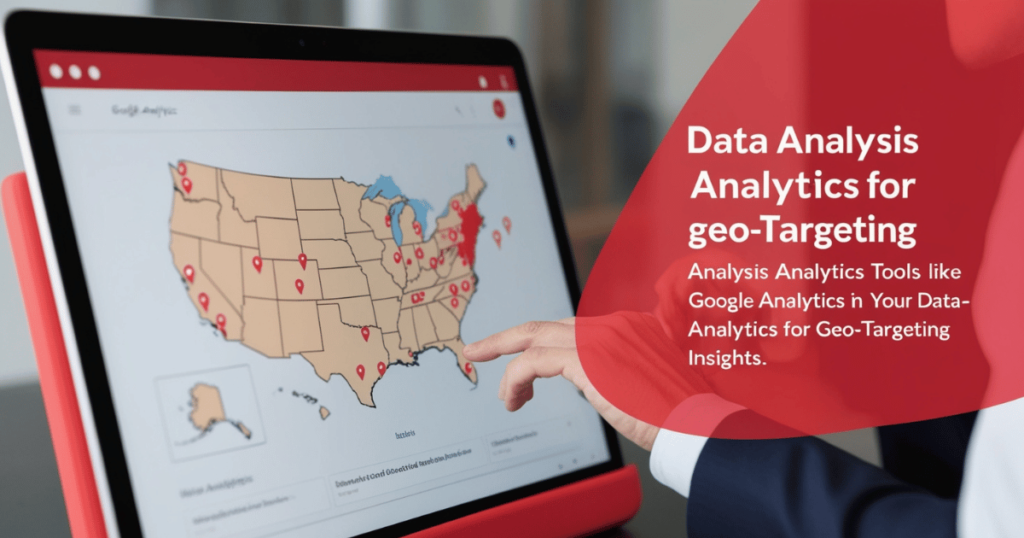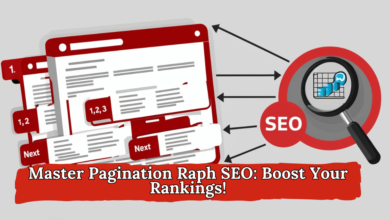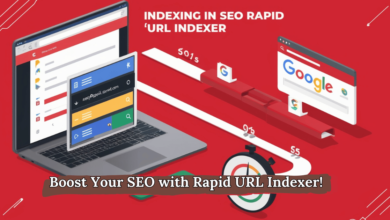
The roles of Geo vs SEO Manager are pivotal in modern digital marketing strategies. Whether you’re targeting a global audience or focusing on specific regional markets, understanding the key differences between Geo optimization and SEO strategies is crucial. This article dives deep into what it takes to excel as a Geo vs SEO Manager, offering valuable insights and actionable tips.
Introduction to Geo vs SEO Manager
In the digital landscape, companies need to be agile and data-driven. The battle of Geo vs SEO Manager highlights the importance of choosing the right strategy for different business needs. A Geo Manager focuses on location-specific strategies, while an SEO Manager optimizes content and website performance for higher rankings on search engines. Let’s explore their roles in detail.
Defining the Role of Geo Manager

A Geo Manager tailors marketing efforts based on the geographic location of potential customers. This strategy focuses on providing localized content and advertisements that align with the user’s physical location. The primary goal is to enhance local engagement and drive traffic from specific areas.
Key Responsibilities of a Geo Manager:
- Local Market Analysis: Understanding the target region’s culture, demographics, and buying behavior.
- Geotargeted Content Creation: Developing content tailored to local audiences using region-specific keywords.
- Localized Advertising Campaigns: Utilizing tools like Google Ads and Facebook Ads for geotargeted promotions.
- Optimizing Google My Business Listings: Ensuring accurate local business information to improve local search visibility.
Geo Manager Best Practices:
- Leverage geotargeted ads and PPC campaigns for hyper-localized reach.
- Utilize geo-fencing to target users based on real-time locations.
- Monitor local SEO metrics like local search rankings and click-through rates.
The Core Aspects of SEO Manager
An SEO Manager focuses on improving a website’s visibility across search engines like Google and Bing. The objective is to drive organic traffic by optimizing on-page content, building backlinks, and enhancing technical SEO aspects.

Key Responsibilities of an SEO Manager:
- Keyword Research: Identifying high-ranking keywords and incorporating them naturally into content.
- Content Optimization: Writing compelling and informative content aligned with search intent.
- Link Building: Developing a strategy to acquire high-quality backlinks to improve domain authority.
- Technical SEO Improvements: Optimizing website speed, mobile responsiveness, and secure connections (HTTPS).
SEO Manager Best Practices:
- Focus on E-A-T (Expertise, Authoritativeness, Trustworthiness) to build credibility.
- Regularly update content with new keywords and relevant information.
- Utilize analytics tools to monitor SEO performance and adjust strategies accordingly.
Key Differences Between Geo vs SEO Manager
Understanding the fundamental differences between a Geo Manager and an SEO Manager is essential for businesses to decide which strategy suits their needs.
| Aspect | Geo Manager | SEO Manager |
|---|---|---|
| Focus | Local and regional targeting | Broader online visibility |
| Content | Localized, region-specific | General, keyword-optimized |
| Metrics | Local search rankings, engagement | Organic traffic, SERP rankings |
| Tools | Google My Business, geo-fencing | SEMrush, Ahrefs, Google Analytics |
Strategies for Geo Optimization
To excel as a Geo vs SEO Manager, understanding geo-specific optimization is key. Geo strategies are centered around local content, local citations, and targeted advertising.
Effective Geo Optimization Techniques:
- Local SEO Mastery: Optimize your Google My Business profile for higher local search visibility.
- Localized Content: Use location-specific keywords and address local issues in your blog posts.
- Geotargeted Ads: Set up campaigns based on users’ geographic locations to increase ad relevancy.
- Geo-Fencing Tactics: Use geo-fencing technology to engage customers who are physically near your store or service location.
Best Practices for SEO Management
A successful SEO Manager focuses on maximizing organic traffic through targeted content and strategic optimization.
Key SEO Techniques:
- Comprehensive Keyword Research: Identify long-tail keywords relevant to your industry.
- High-Quality Backlinks: Develop a robust backlink profile with authoritative websites.
- Technical SEO Enhancements: Ensure your website is mobile-friendly and optimized for speed.
- User Experience Optimization: Improve on-site navigation and reduce bounce rates to enhance user engagement.
Combining Geo and SEO for Maximum Impact
A combined approach of geo-targeting and SEO can provide a powerful boost to your digital strategy. By integrating location-specific tactics with general SEO efforts, businesses can achieve broader reach while still catering to localized needs.
Tools and Metrics for Geo vs SEO Analysis
Monitoring and analyzing performance is crucial for both Geo and SEO Managers. Here are essential tools for tracking and optimization:
- Google Analytics: Provides insights into traffic sources and user behavior.
- SEMrush: Offers comprehensive SEO audits and keyword tracking.
- Ahrefs: Useful for backlink analysis and keyword research.
- Moz Local: Helps track local search performance and manage citations.
FAQs
Q1: What is the difference between a Geo Manager and an SEO Manager?
A Geo Manager focuses on local and regional targeting, while an SEO Manager aims to improve overall online visibility and organic traffic.
Q2: Can Geo and SEO strategies be used together?
Yes, combining geo-targeting with general SEO can maximize reach and engagement by addressing both local and global audiences.
Q3: What tools are essential for a Geo vs SEO Manager?
Key tools include Google Analytics, SEMrush, Ahrefs, and Moz Local for tracking performance and optimizing strategies.
Q4: How can I optimize content for both Geo and SEO?
Use location-specific keywords for geo-targeting while maintaining high-quality, keyword-rich content for broader SEO visibility.
Conclusion
The role of a Geo vs SEO Manager is critical in shaping a business’s digital presence. By understanding the core differences and integrating strategies effectively, you can drive both local and organic traffic, enhancing overall business performance. Whether your focus is on local engagement or broader online reach, mastering both Geo and SEO tactics will set you apart in today’s competitive market.



